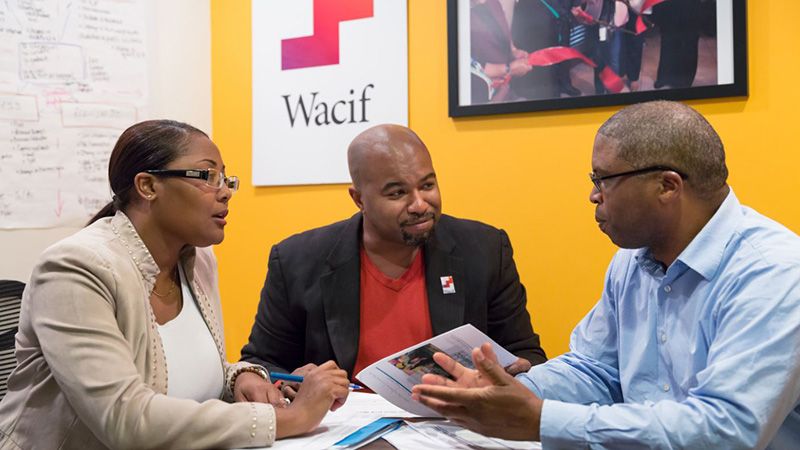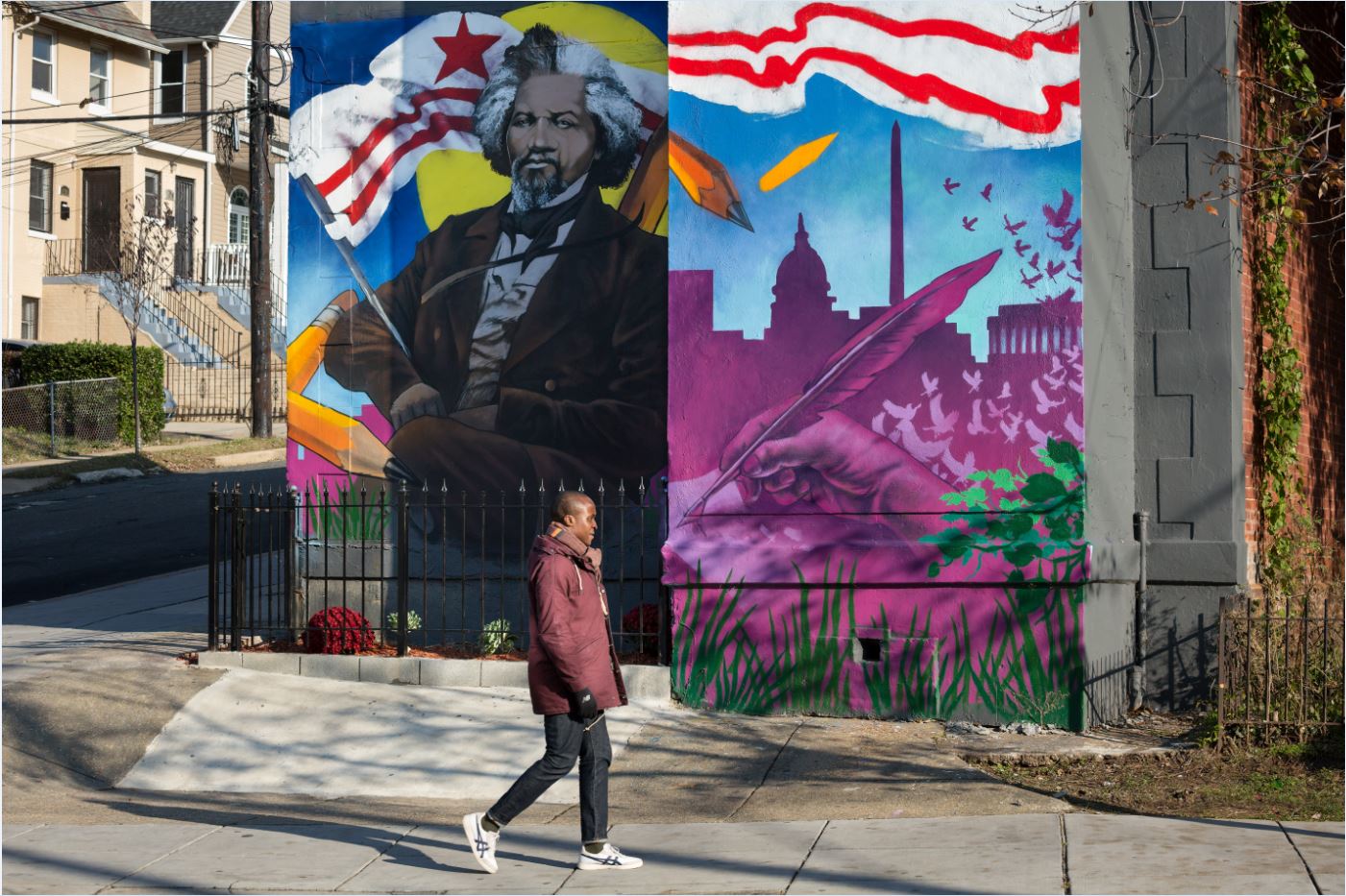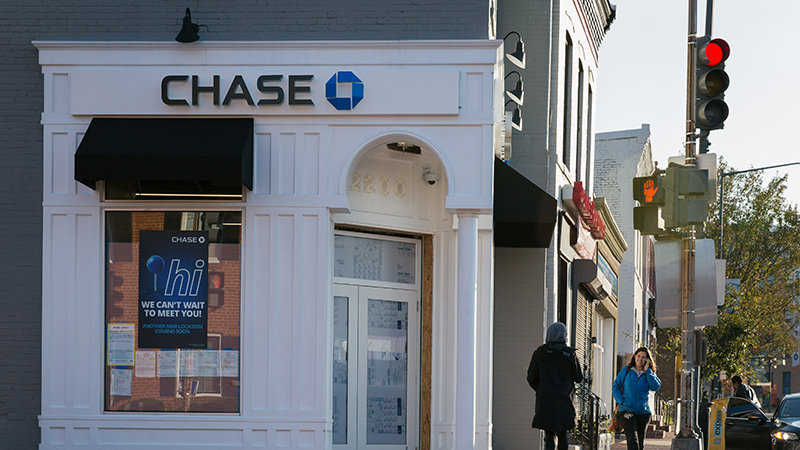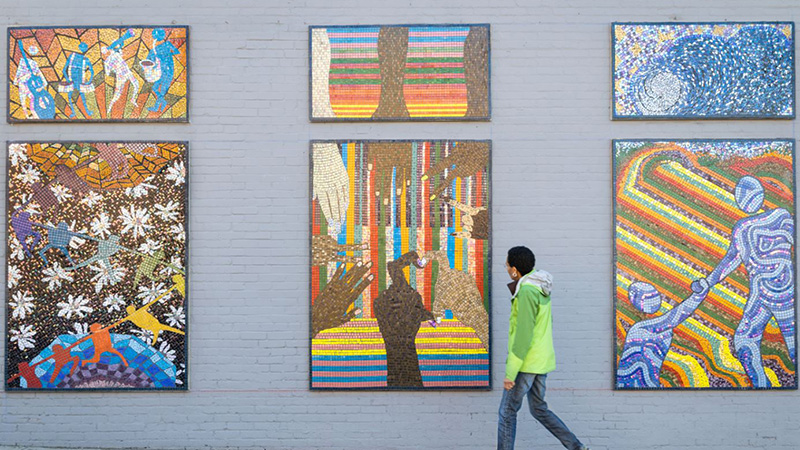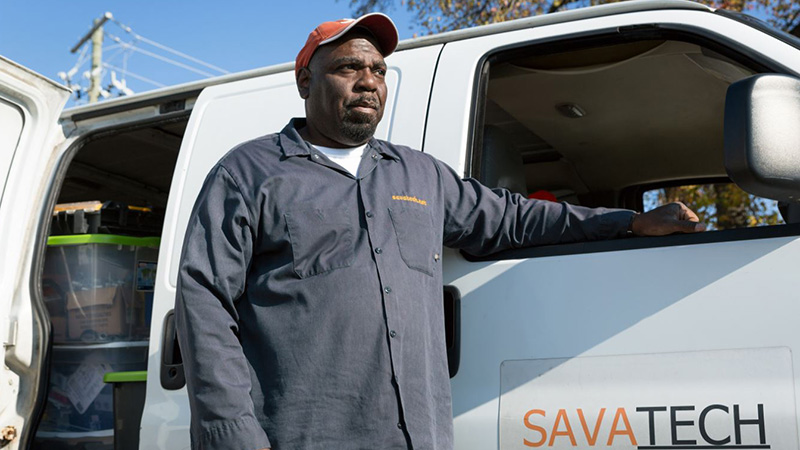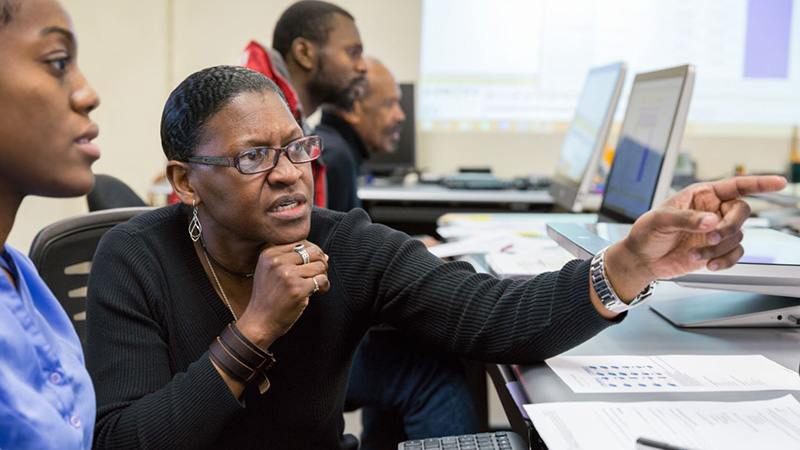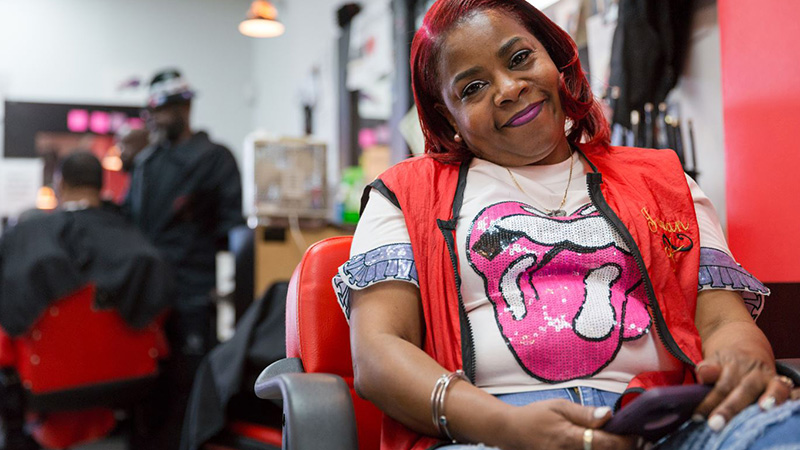As a strategic partner, Urban Ed received a $150,000 grant from JPMorgan Chase to help create a diverse and inclusive pipeline. The funding has enabled the nonprofit to expand its existing programs, upping its career pathway offerings from one to five and more than quadrupling its offering of certification programs. Additionally, the organization has added online trainings and a pilot initiative on cloud-based business management systems.
For smaller organizations like Urban Ed with a roughly $500,000 budget, an investment of this caliber is “very important and impactful," says Williams.
Tackling the Upside to Downside Ratio of Expansion
Recognizing the critical role of small businesses in any growing economy, JPMorgan Chase is also bringing its Small Business Forward initiative to the Washington, D.C. market to help underrepresented entrepreneurs with marketing and business development, financial planning, growth strategies and financial readiness. According to the Small Business Administration, small businesses employ nearly 50 percent of the country's private workforce, remaining the backbone of job and economic growth. So, even as opportunity swells with large corporate expansion, sustaining small businesses remains key to supporting and growing communities. Washington Area Community Investment Fund (Wacif) is one organization making sure small businesses in Wards 7 and 8 aren't left behind.
JPMorgan Chase is supporting Wacif as part of a $5 million, three-year award to a local community development financial institution (CDFI) collaborative. Wacif’s mission is to increase equity and economic opportunity in underserved communities in the Washington, D.C. area, where the racial wealth gap is greatest.
Wacif is doing that by leveraging its $1 million share of the JPMorgan Chase grant for training programs, capacity building and grassroots outreach. For example, according to Wacif executive director Harold Pettigrew, a team of small-business advisers regularly “pounds the pavement" to increase community awareness about consulting services, small- and micro-business loans, and workshops. “That certainly wouldn't be possible without investments from JPMorgan Chase," Pettigrew says.
Wacif also launched the Ascend Capital Accelerator—tied to Ascend 2020, part of JPMorgan Chase's Small Business Forward initiative. The program will provide 18-22 minority and women-owned small to mid-sized businesses with technical assistance and tailored loan products to assist in developing new business.
“For us, a partner like JPMorgan Chase, that's very focused on community investment and empowering organizations like ours, makes it much easier to get underserved entrepreneurs to traditional capital," says Pettigrew.




